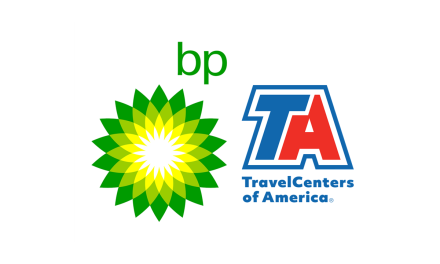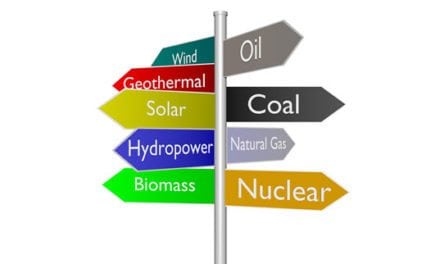By Joe Petrowski
To understand crude oil prices and where we are going a little history of how we got here is in order.
The Mideast developed as an oil production region not because of divine intervention. As Golda Meir famously said: “Moses… Moses… do not talk to be about Moses. Fourty years of wandering and he settles in the one spot in the Mideast without oil, and they call us the Chosen People!” Nor was it a place where are the dinosaurs went to die. It was simply a matter of favorable geology making the oil actually bubble to the surface, so the cost of finding and extracting it was famously low. Add into that as a suppressed economy the Mideast states had little other economic opportunity. And with no EPA, OSHA or real estate with higher and better uses an extraction economy flourished.
But hydrocarbons are everywhere. This was the biggest lie the Peakinistas told us–we are running out of oil! The reality is hydrogen is the most prevalent element in the universe, with carbon second. Two of Neptune’s moons are pure methane CH4 (a hydrocarbon to everyone but Nancy Pelosi). The reality is we could drill for oil in mid-town Manhattan if two things happened: crude was $1,000/barrel and Mayor DeBlasio went away.
Now the affect of technology collectively called the “Fracking Revolution” in finding and extracting oil has, in effect, made every place on this planet a potential Saudi Arabia. And that is expanding as the Chinese “import” our technology to access vast deposits in the South China Sea. This shift in the cost curve is as revolutionary as the assembly line was for auto production or the plow and harvester was for food production.
IF you are an OPEC player and you see U.S. crude production up to 10 million barrels/day (equal to the Saudi’s) and at a lower marginal cost, and see production from existing wells increase even as the fall in price decreases new wells you take notice.
Another factor not discussed enough is that with current solar, wind and bio we have displaced $12 MMbpd of oil demand in BTU equivalent. With café standards, demographics (urbanization, Uber) and efficiency we have displaced another 5 MMbpd. So with U.S. production up 7 MMbpd because of fracking the US market has displaced 24 MMbpd in this latest cycle. Total OPEC production was never higher than 45 million/barrels per day and non-OPEC excluding the United States never higher than 35 MMbpd.
The Saudis understand that it is not simply supply that can be corrected by restrictions in production as in the old days, but a fundamental shift in demand and power that will only get worse for the traditional oil producer. As more of the world acquires fracking technology (China, Vietnam, Japan, Brazil, Russia) and natural gas begins to make serious inroads to transport fuel at $35 per barrel equivalent price the choice is sell now and use the money to grow a real economy or buy-off internal strife, or sit on a BTU form that is too expensive and becoming more obsolescent every day. Sheik Yamani said it best: “The stone age did not end when we ran out of stones.” And the oil age is not in its twilight because we are running out of oil; as is the nature of capitalism we found a way to do it better, faster and cheaper. So for OPEC and Russia it is not simply the twilight but well past midnight with no “Moring in Arabia,” unless they find a way to participate in a 21st Century economy.
We will not see $30-$50 oil forever ($55 is probably best market clearing price for new crude supply and unsubsidized alternatives with current technology), but we will not see OPEC again.
 Joe Petrowski has had a long career in international commodity trading, energy and retail management and public policy development. In 2005, he was named President and CEO of Gulf Oil LP and elected to the Gulf Oil LP Board of Directors. In October of 2008 he was named CEO of the now combined Gulf Oil and Cumberland Farms whose annual revenues exceed $11 billion and that now operates in 27 states. In September 2013, Petrowski stepped down as CEO of The Cumberland Gulf Group. He is now managing director of Mercantor Partners, a private equity firm investing in convenience and energy distribution.
Joe Petrowski has had a long career in international commodity trading, energy and retail management and public policy development. In 2005, he was named President and CEO of Gulf Oil LP and elected to the Gulf Oil LP Board of Directors. In October of 2008 he was named CEO of the now combined Gulf Oil and Cumberland Farms whose annual revenues exceed $11 billion and that now operates in 27 states. In September 2013, Petrowski stepped down as CEO of The Cumberland Gulf Group. He is now managing director of Mercantor Partners, a private equity firm investing in convenience and energy distribution.









